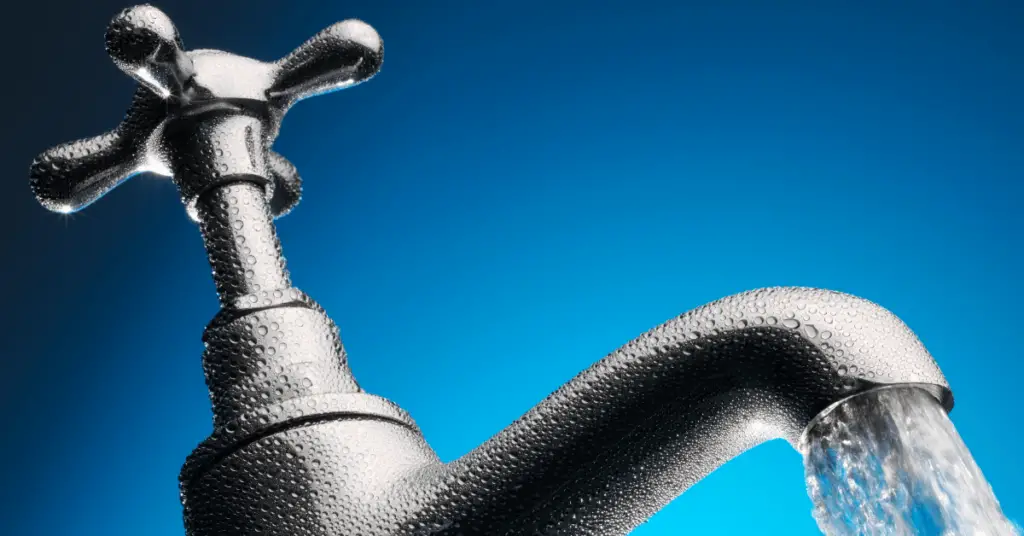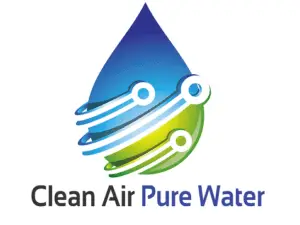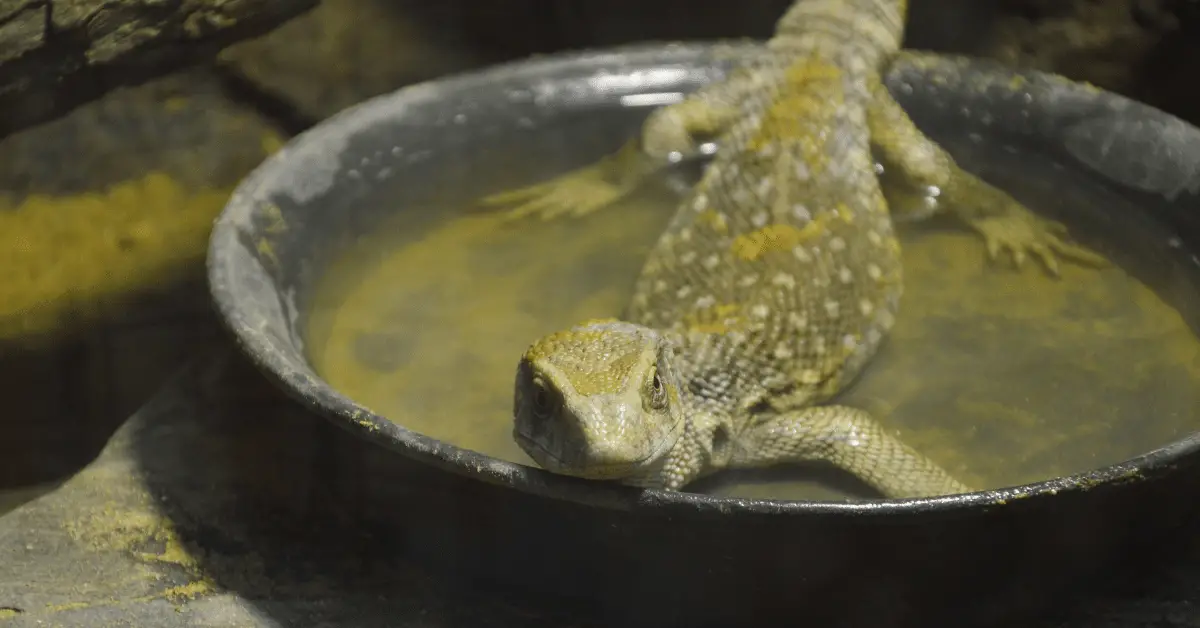Taking care of your reptiles means ensuring they have plenty of clean water to drink and bathe in, but what does “clean” mean to a reptile? Is tap water safe to drink, or is it better to offer your reptile bottled water? There are many water treatment options available on the market, and it’s important to know what’s necessary and when.
Tap water is safe for reptiles to drink but not to bathe in. Reptiles can digest chlorine when they consume it, but too much chlorine enters their bloodstream through the cloaca when they bathe in tap water. It’s best to treat water before giving it to your reptile to soak in.
Read on to learn more about why reptiles can drink tap water but should not bathe in it. This article will teach you everything you need to know to keep your reptile safe, healthy, hydrated, and moisturized.
Why Reptiles Can Drink Tap Water
Most tap water is chlorinated, which means that chlorine is added to make it safe for human consumption. However, some animals, like fish, can’t tolerate chlorinated water. When chlorine mixes with ammonia, for example, fish develop gill necrosis.
However, reptiles take in water through the digestive system, not through the gills. They can digest these chemicals rather than allowing them directly into the bloodstream.
Generally, if water is potable for humans, you can assume that it’s safe for reptiles to drink. Just avoid serving water from outdoor fixtures, pipes, or hoses, as these can contain lead and other toxic elements.
Why Reptiles Shouldn’t Bathe in Tap Water
Reptiles need to drink water and soak in water, which you can facilitate by offering a small pool, low enough in water level that the animal won’t drown.
Reptiles also appreciate mist and rain systems, which keep them cool and moisturized. The best way to keep your reptile moisturized depends on the species, so make sure that you do your research before reaching for the sprayer.
Although it is safe for reptiles to drink tap water, it is not necessarily safe to take a bath in tap water. If they soak in tap water regularly, chemicals can travel through the cloaca and into the bloodstream, causing blood toxicity.
Contact a veterinarian right away if you suspect that your reptile has absorbed chlorine into the bloodstream.
How To Remove Chlorine From Tap Water

There are several methods that you can use to remove chlorine from tap water:
- Let the water sit in an open container for 24 hours to allow the chlorine to dissipate.
- Pour water from one container to another back and forth ten times. The agitation will dissipate the chlorine.
- Boil the water for 15 minutes. Boiling the water will both dissipate the chlorine and kill any residual bacteria.
- Treat the water with sodium thiosulfate.
- Use a reverse osmosis water filter.
- Use a water conditioner like the Zoo Med ReptiSafe Water Conditioner from Amazon.com. Water conditioners remove chlorine, chloramine, and heavy metals from the water, making it safe for your reptile to bathe in.
Understanding the Difference Between Chlorine and Chloramine
Chloramine is a chemical compound made from chlorine and ammonia and is commonly used as a disinfectant, just like chlorine. It successfully kills bacteria and germs and is safe for drinking purposes, but like chlorine, it is unsafe for reptiles to bathe in. It is also harmful to fish, aquarium animals, and kidney dialysis patients.
When chloramine is absorbed directly into the bloodstream, it prevents red blood cells from carrying oxygen through the body, leading to oxygen deprivation in other cells.
Unlike chlorine, chloramine takes weeks to dissipate from water sources. It also cannot be removed through boiling.
Chloramine needs to be removed with water conditioners explicitly rated for use in chloraminated water sources. To be effective, water conditioners need to remove the chloramine and ammonia left behind as a result. These conditioners are available online and at most pet stores and veterinarian offices.
Alternatively, an activated carbon filter can remove chloramine. In this case, you’ll also need a filter to remove ammonia, like natural zeolites.
How To Know What’s In Your Tap Water
To decide the best way to purify your water, you’ll need to know whether the water has been treated with chlorine, chloramine, or both.
You can find this out by calling your city water supplier and asking or using an at-home testing kit. You should find the information about your supplier on your water bill or by calling city hall.
Why You Should Never Give a Reptile Distilled Water
Distilled water is pure water with no dissolved minerals or salts, which would never occur naturally. Distilled water is only created in laboratories and used for the following purposes:
- Lab tests
- Cosmetics
- Medical procedures
- Cars
- Infant formula
- CPAP machines
- Netil pots
- Ironing
If a reptile bathes in or drinks distilled water, it will absorb too much water into the bloodstream due to disruptions to the normal process of osmosis. Absorbing too much water into the bloodstream can cause severe issues with the muscular system and heart and even be fatal.
The water you give to your reptiles should have dissolved salts and minerals in it, whether bottled water or tap water.
Is Bottled Water Safe for Reptiles?
Since bottled and tap water share similar standards, you can generally assume that bottled water is safe for reptiles to drink but requires treatment if they’re going to use the water for bathing and soaking regularly.
Bottled water is often the same in composition as tap water, as it’s filled from the same sources as municipal water supplies. Bottled water and tap water share the same standards, despite being governed by different bodies; the Food and Drug Administration controls bottled water, and the Environmental Protection Agency regulates tap water.
Final Thoughts
Tap water is safe for reptiles to drink, but it is risky to allow your reptile to bathe in it because tap water contains chlorine, an additive that reduces the risk of disease when water is ingested. Reptiles can process chlorine when they drink it, but they have difficulty processing it when they absorb it through their skin.
Sources
- Moon Valley Reptiles: Chlorinated Water
- Reptiles Magazine: Herps and Distilled Water
- Reptile Supply: Can Bearded Dragons Drink Tap Water?
- Greensboro: Preparing for Chloramines
- Bulk Reef Supply: Does Your Water Have Chloramines? Find Out.
- WebMD: Distilled Water
- Reptiles Magazine: Reptile Water Requirements
- PubChem: Sodium thiosulfate
- ASDN: Zeolites
- Wikipedia: Osmosis

